- August 26, 2019
- By Maryland Today Staff
A pair of brilliant twins, a student leader for racial and ethnic harmony, a master puzzle solver: The incoming first-year class at the University of Maryland is bursting with a variety of talents and rich in diversity. Numbering around 4,300, they come with remarkable resumes in entrepreneurship, leadership, athletics, creativity and research—and big aspirations.
Today, with the start of the fall semester, they begin their lives as Terp students. Meet a few of them:
Will Callan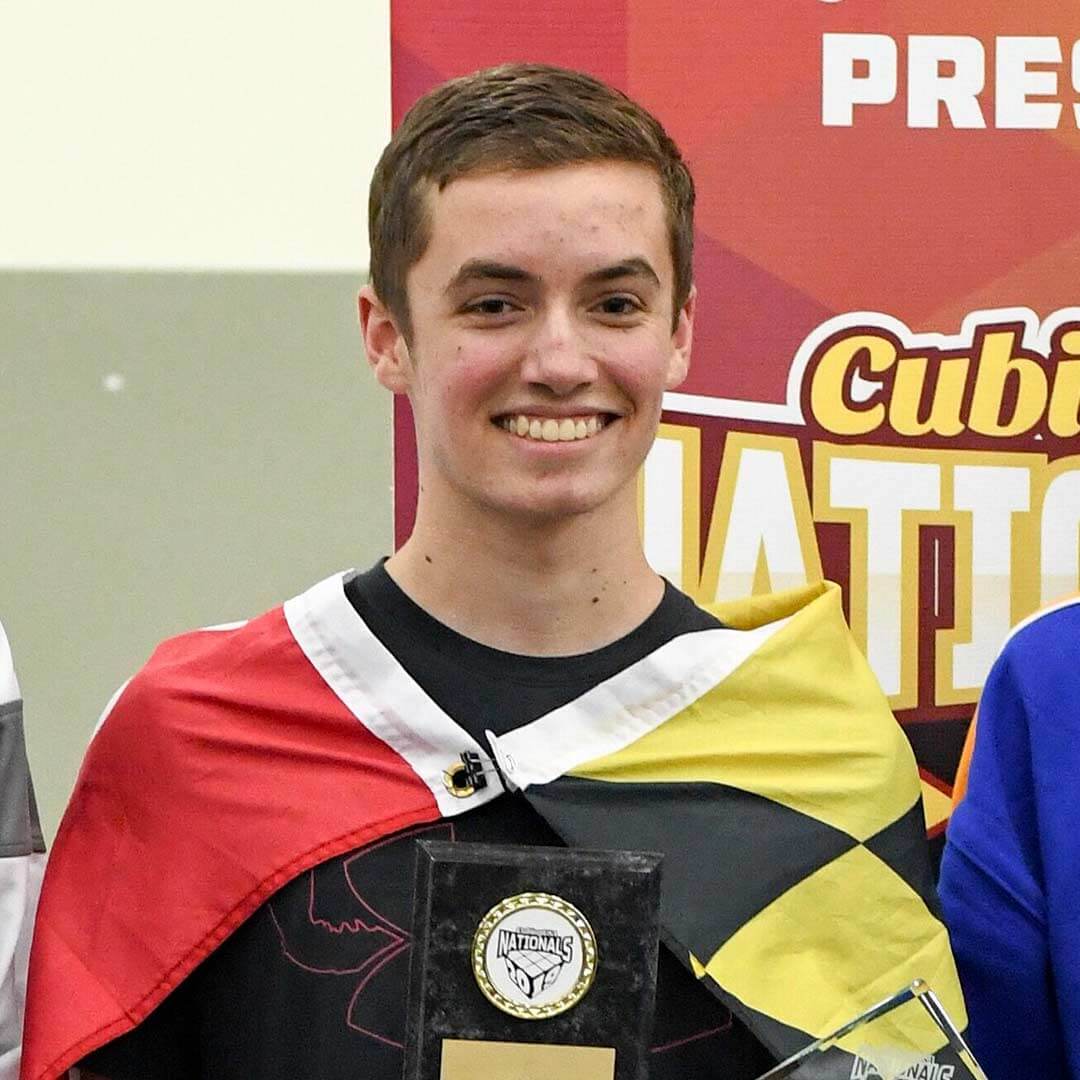
By the time you finish this sentence, Will Callan could have already solved a Rubik’s cube. Callan, the newly crowned 2x2x2 Rubik’s cube national champion, takes an average of 1.23 seconds to maneuver the colors into place, making him the fastest in North America and the second-best in the world. He solved a cube for the first time when he was a fifth grader in Eldersburg and entered a competition just a few months later. “After that I just got hooked on it,” he said. “Since then I’ve gone to 80 competitions.” If you want to learn how to solve a cube yourself, visit Callan’s Youtube channel. Or find his residence hall room. He met his roommate, fellow cuber Sean Belke, at local competitions.
Jack Drohat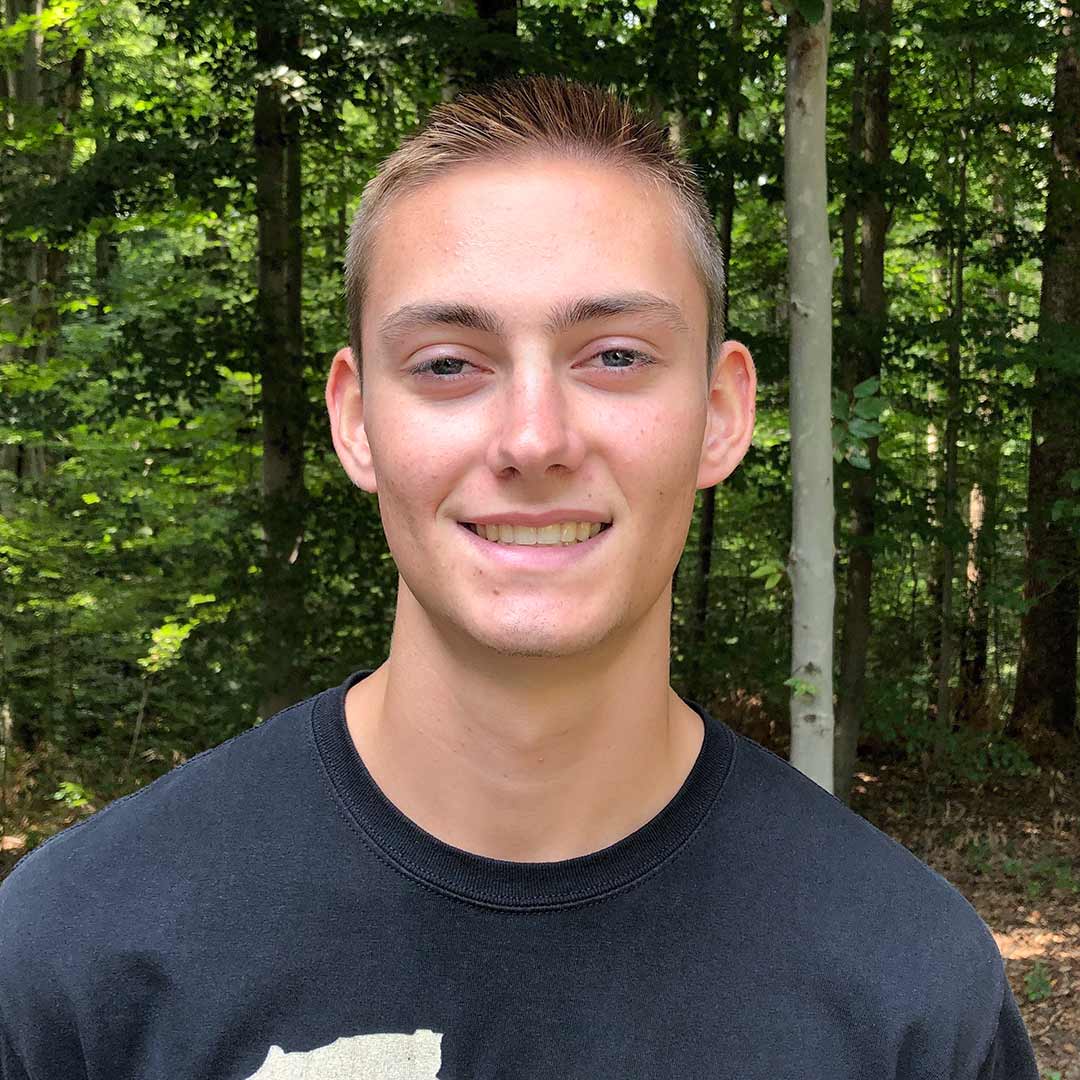
Growing up in Edgewater, just a few minutes from the Chesapeake Bay, Jack Drohat knew a bit about the environmental challenges facing the massive watershed, but an environmental science class in his freshman year of high school inspired him to take action. He co-founded a club at his high school that helps prevent erosion by creating living shorelines of natural materials like native plants and rocks. He has also been deeply involved with Clean Creeks Football Club, an organization that uses kayaks and paddleboards to pull tons of garbage from waterways. Teams frequently compete to collect the heaviest load of trash. “We kind of forget that we’re making a difference because we’re having so much fun,” Drohat said.
Alexis and Mikaila Esuke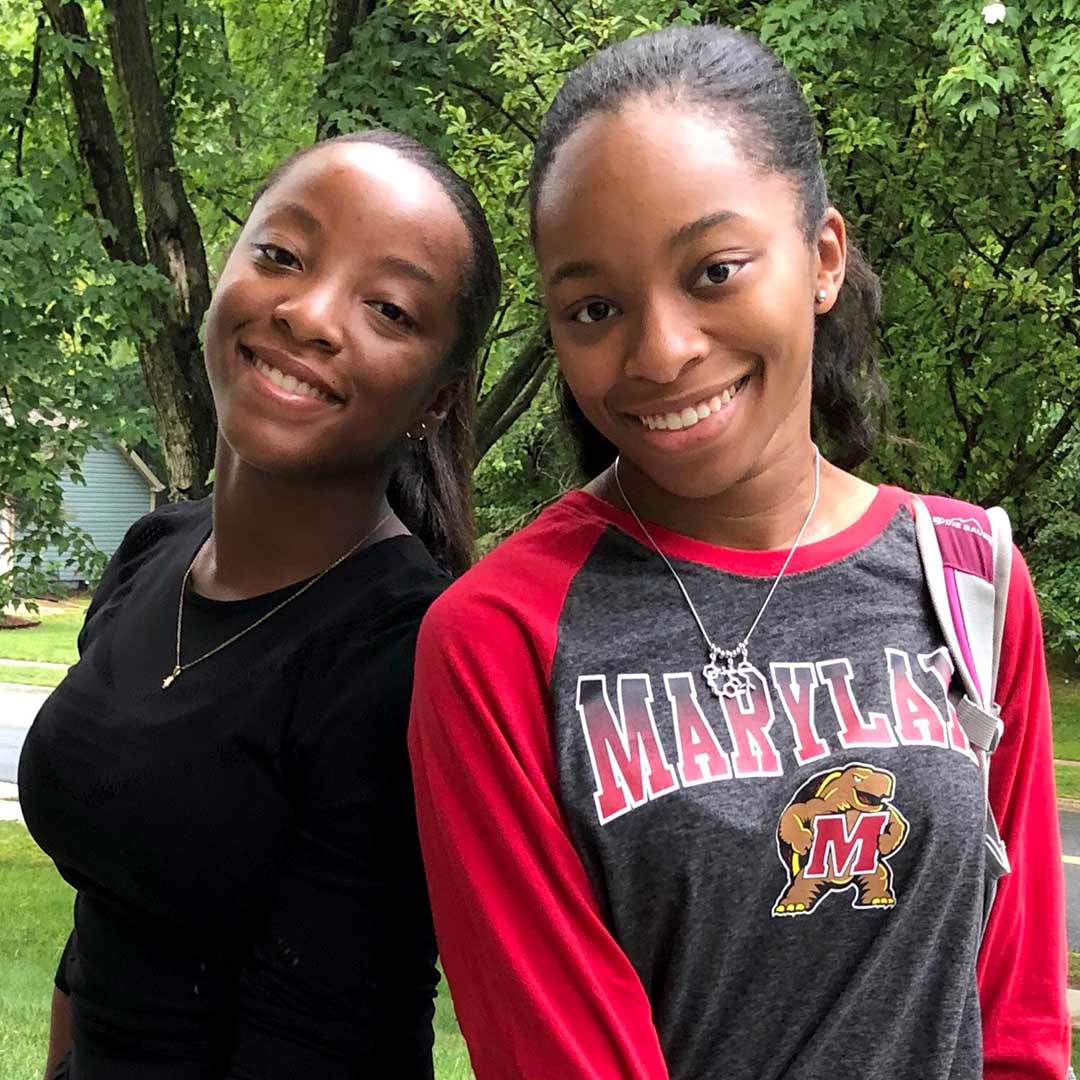
What are the odds of being named the valedictorian at your high school? What are the odds that your best friend is your co-valedictorian? Turns out they’re pretty good when you’re Alexis and Mikaila Esuke, the top two students in Bowie High School’s Class of 2019. And they’re not just best friends—they’re twin sisters. In addition to their academic prowess, the Esukes played doubles tennis, reaching the state semifinals, and also racked up some 1,200 hours of community service between them. Alexis and Mikaila, who’ll study chemical and mechanical engineering, respectively, say they grew attached to the programs they volunteered for; that includes Maryland’s CompSciConnect summer camp, which teaches middle school girls from underrepresented groups computer science. As Mikaila said: “If you are able to help someone else, why wouldn’t you help someone else?”
Julie Liu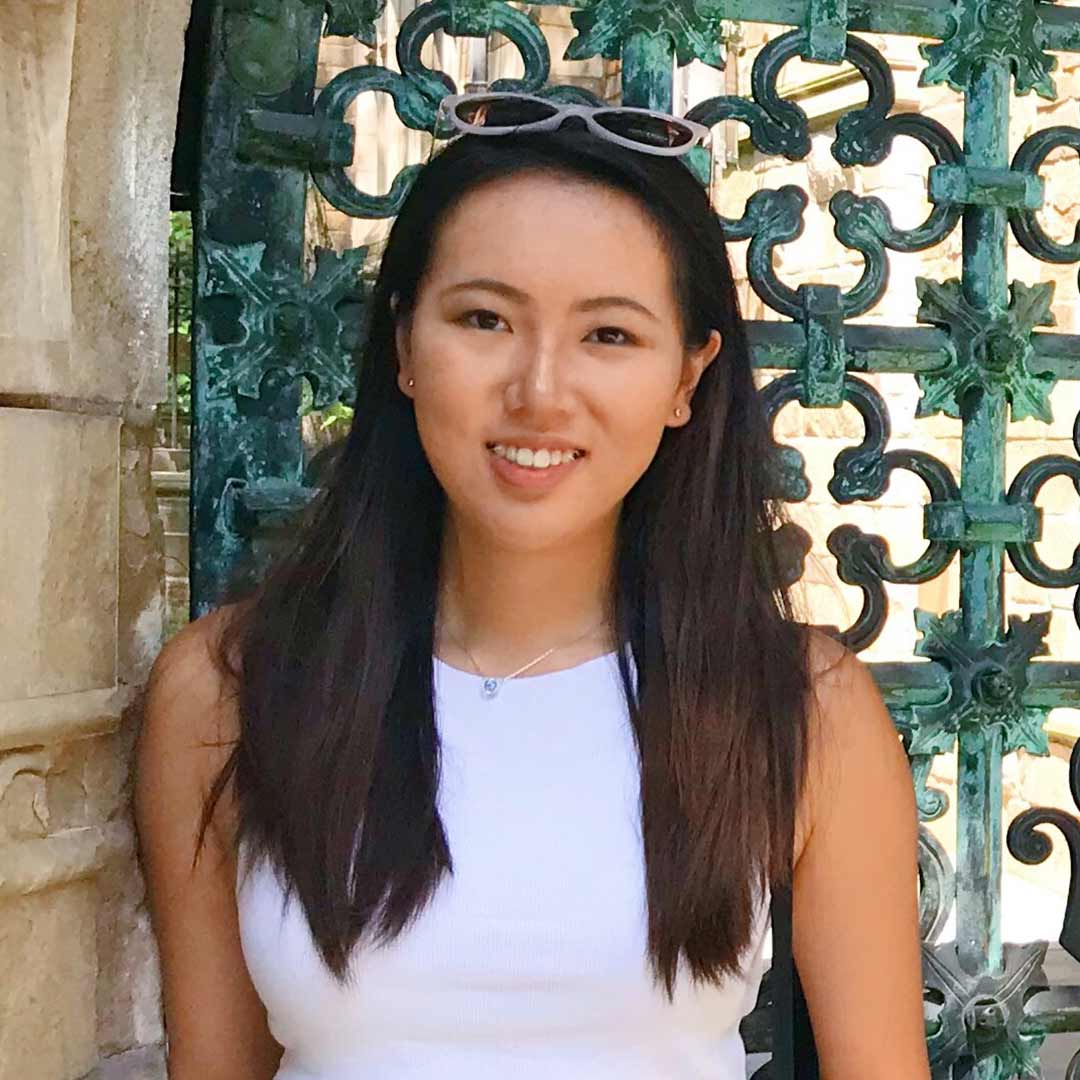
When a middle school friend of Julie Liu died of leukemia, she wanted to know why. “How could I help other people in the future?” she asked herself. So for four years she volunteered and interned at the Johns Hopkins Hospital radiology department, where she researched cancer cell inhibition and the effects of toxic metals from air pollution, which was believed to be a factor in her friend’s disease. In her sophomore year, Liu was the only high school student to present her findings at China’s National Conference on Biological Physical Chemistry, and her research has been featured in two academic journals. Set to study biology at Maryland, she has spent considerable time shadowing physicians and is considering a pre-med track. She’s aspired to be a doctor from a young age, a profession her father wanted to pursue but fell short. “I should help my dad complete his dream,” she said.
Afreen Minai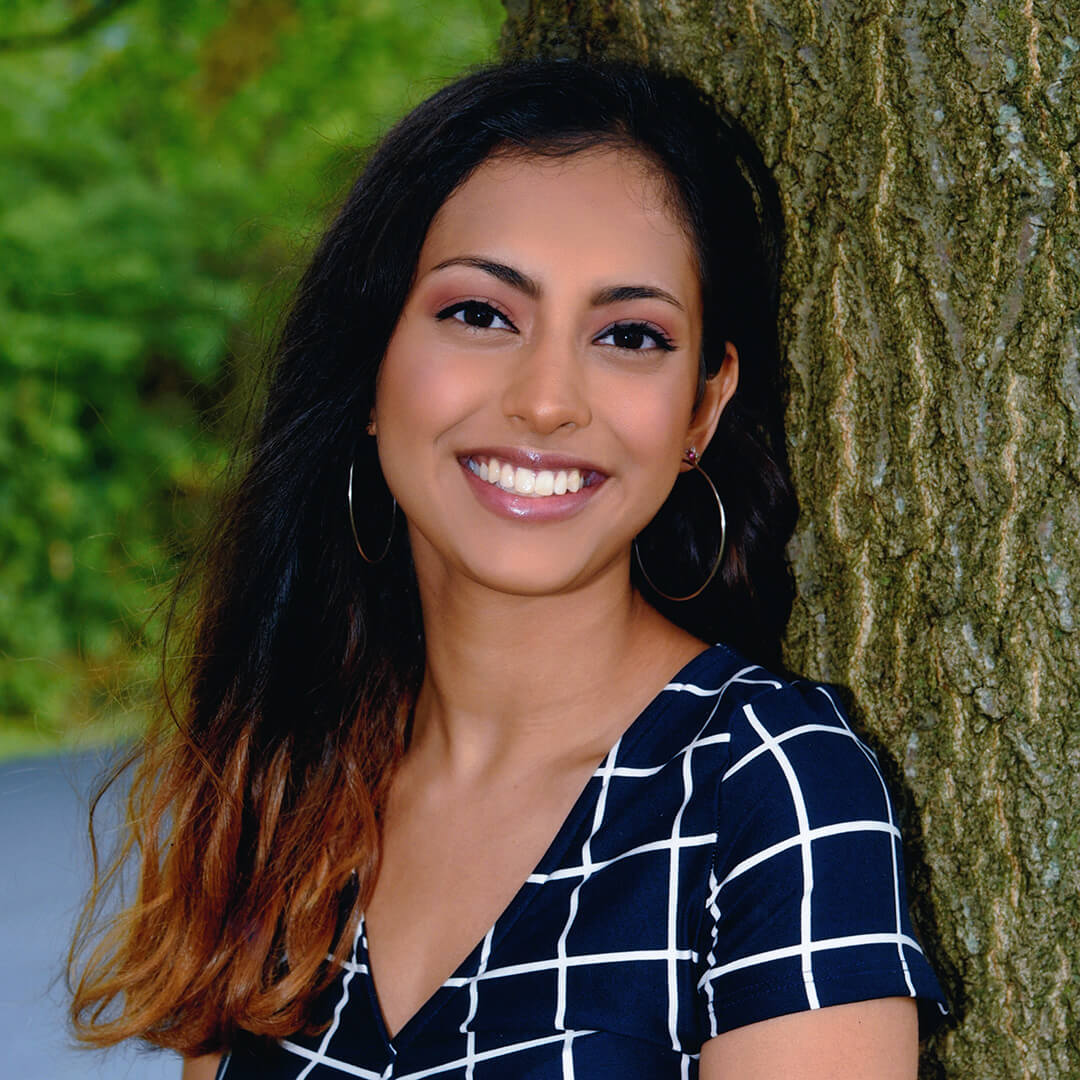
After divisive incidents at Afreen Minai’s school in Ohio, she saw an opportunity to turn something hateful into something positive. Minai, who was one of her class presidents, took steps to improve racial and cultural understanding at the school by starting an initiative that promoted diversity and appreciation of ethnic cultures, called Harmony. The organization’s most successful event celebrated Asian History Month through music, food and fashion—fighting prejudice with knowledge. “It became very clear that an aggressive or angry approach, even if you feel like your anger is justified—people aren’t welcoming to that,” she said. “It wouldn’t have changed the perspective of the people who were saying or doing these things.”
Natasha Panduwawala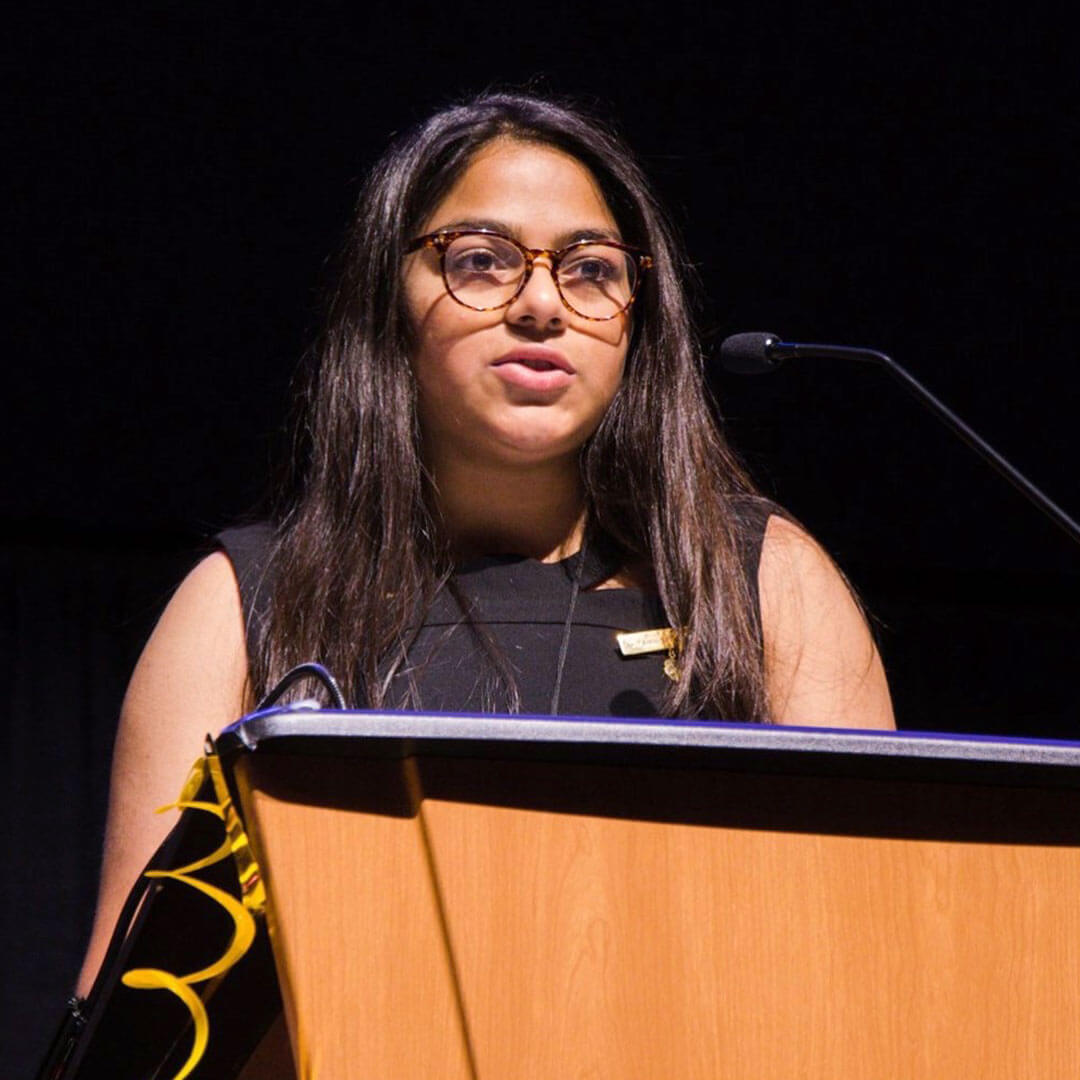
When Natasha Panduwawala visited Sri Lanka for her cousin’s wedding in 2016, she left with a newfound determination to give back. During her trip, she had visited an orphanage and encountered a young girl with a disability and a lack of access to appropriate medical equipment. Panduwawala’s response was Movement to Remember, a nonprofit she founded to collect orthopedic aids like wheelchairs, walkers and canes for Sri Lankans in need. After donating more than 215 such devices in the first year, the Easton, Md., native plans to continue the effort—and maybe even expand to other kinds of aid, like eyeglasses—while studying international relations with a minor in terrorism studies at UMD.
Vineeth Vajipey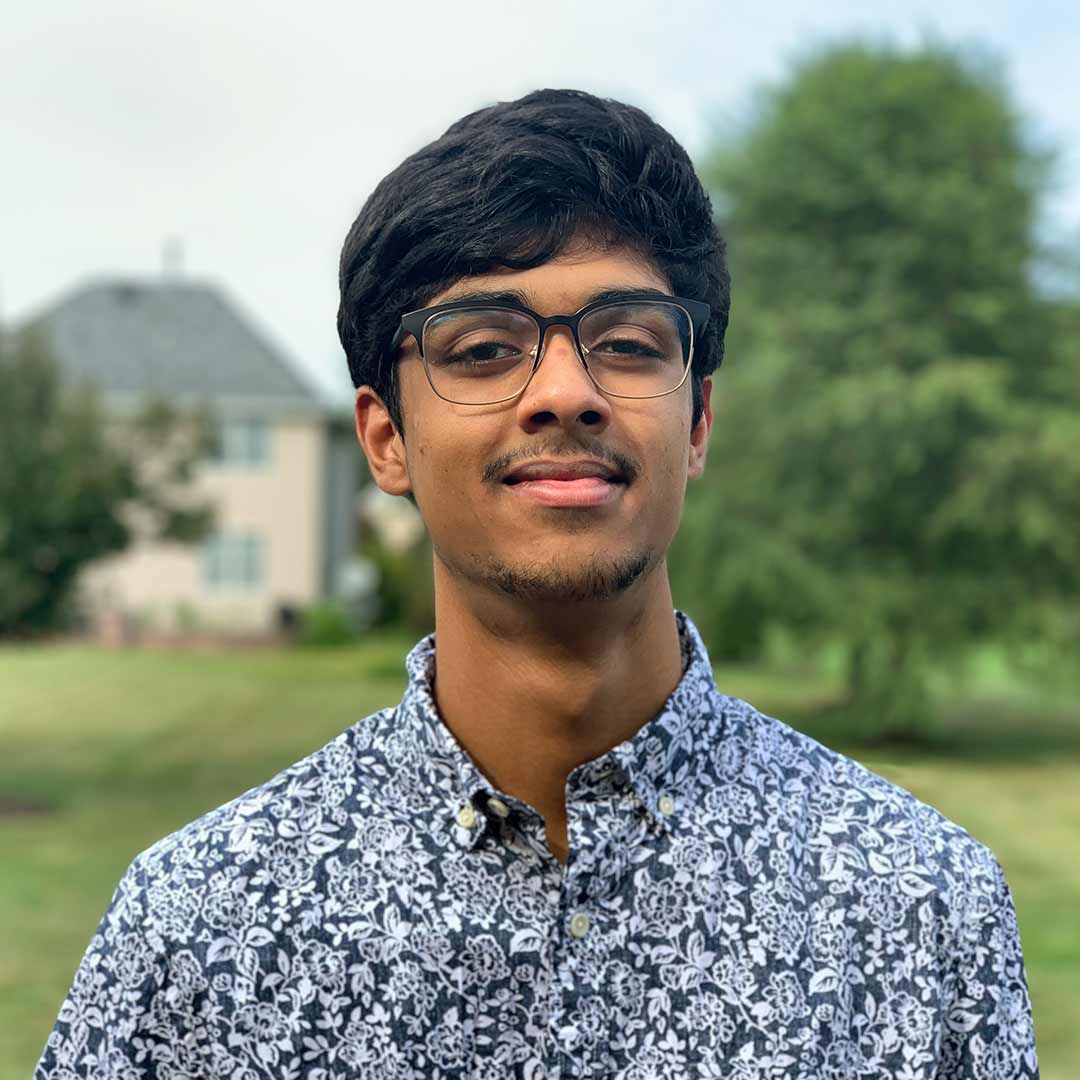
Vineeth Vajipey wants to dispel the notion that STEM fields lack creativity. Among his inventions is an app for a smart vending machine with facial recognition, a device that adjusts the brightness and color of lights based on hand gestures and a game where musicians guess musical notes. And those were just for fun. Vajipey, who attended an engineering magnet school in North Jersey, was also instrumental in developing a software platform for his uncle’s waste management company in India. His product integrates thousands of informal and entrepreneurial recyclers into the company’s supply chain to help cities manage their waste more effectively and efficiently. “It gave me a sense of direction. I’m actually helping fight and solve problems.”
Caleb Wein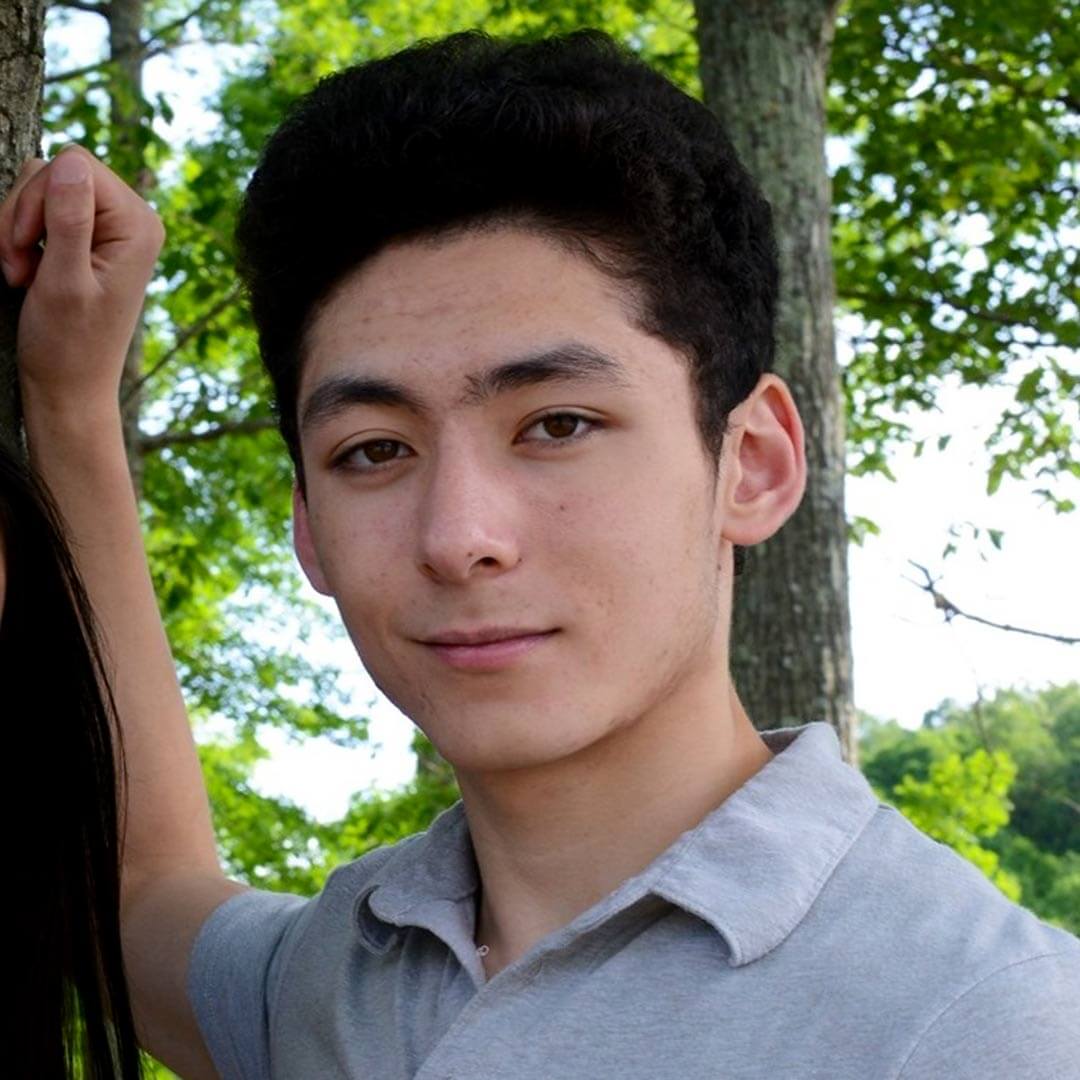
Rockville native Caleb Wein first strapped on a pair of ice skates at age 4, and he hasn’t looked back. Now an ice dancer who has competed in dozens of national and international competitions, including for Team USA in recent years, he was originally drawn to the sport’s unique mix of athleticism and artistry. He aims to compete in the Olympics or World Championships, but his ultimate goal is to change ice dancing itself—traditionally influenced by ballroom or ballet dancing—with the introduction of modern dance styles he’s now incorporating into routines. “To me that’s more important—if I can achieve that and really bring it to ice dance,” he says.
Alec Zaslav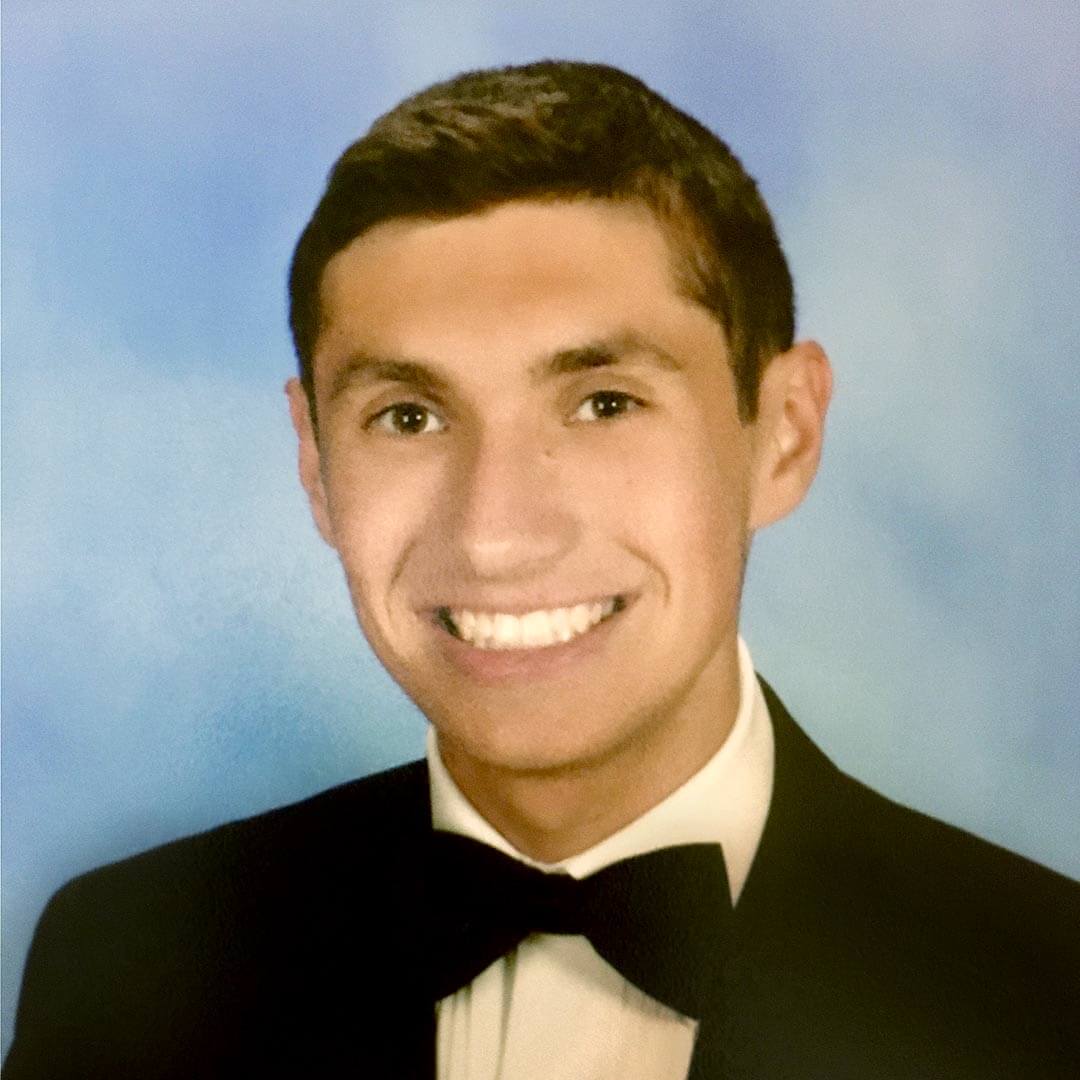
Alec Zaslav, one of the survivors of the 2018 mass shooting at Marjory Stoneman Douglas High School in Parkland, Florida, helped start a massive youth-based movement for gun safety legislation that continues nationwide. Just weeks after the shooting that killed 17 students and staffers, Zaslav gave a speech in front of 30,000 March For Our Lives demonstrators in Atlanta, an experience he described as “mind blowing.” There, he met U.S. Rep. and civil rights leader John Lewis, who invited Zaslav and his brother to speak in Washington at a roundtable discussion on school safety several months later. “We did this to put our friends at the front of the movement to not let them or anyone else who’s died from gun violence die in vain,” he said.
Topics
Campus & Community